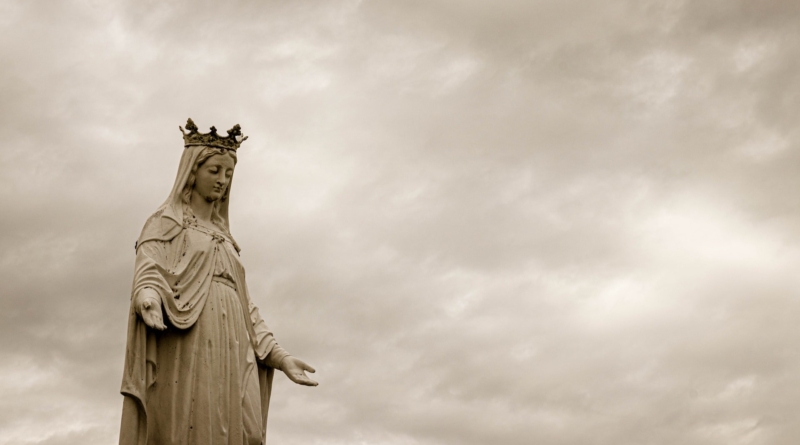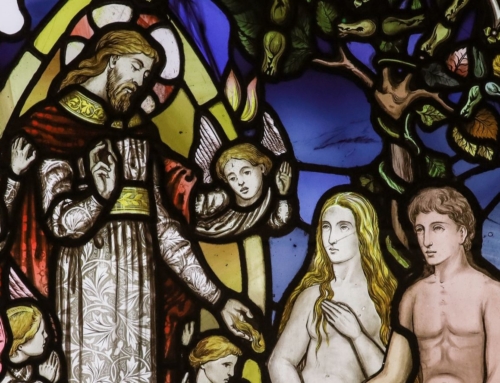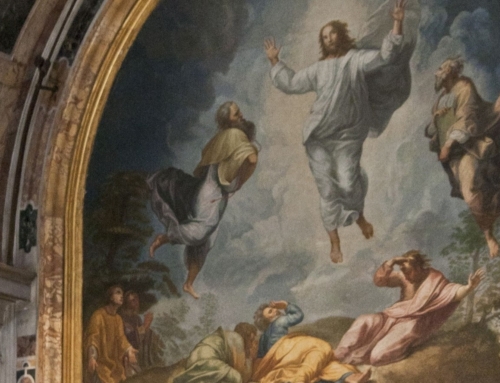The baptized Christian finds himself a traveler on the way to an eternal destiny. Hiking up the mountain, every so often the brush clears and the traveler can catch a glimpse of the grandeur that surrounds him. He might pause to enjoy the wilderness and rest a while, but eventually continues his ascent. Those moments of rest are truly moments of joy, but the traveler knows that he remains one on the way. His true destiny lies at the top. The Christian life, as it turns out, is lived in time. Likewise, our sanctification occurs in time.
It’s easy to recount life and define it by discrete moments. The moments become a measure of a life well lived and a reference point for the journey. Couples recount their wedding day and priests recount their ordination. Indeed, these moments are intrinsic to a person’s vocation, and the importance of a vocation in every life is fundamental. The second Vatican Council puts it this way:
Indeed, the Lord Jesus, when He prayed to the Father, “that all may be one. . . as we are one” (John 17:21-22) opened up vistas closed to human reason, for He implied a certain likeness between the union of the divine Persons, and the unity of God’s sons in truth and charity. This likeness reveals that man, who is the only creature on earth which God willed for itself, cannot fully find himself except through a sincere gift of himself. (Gaudium et Spes, 24.3)
The wisdom of the council in its understanding of man is arresting. It’s an echo of the Lord’s call that “whoever of you does not renounce all that he has cannot be my disciple” (Luke 14:33). In a real, incarnate way, we are meant to give ourselves to others. Giving oneself in this manner is the essence of vocation. The irony is that the giving in turn produces a receiving. It turns out that the giving of oneself is not demeaning, but ennobling. Unlike desserts at dinner which diminish as they are distributed, goodness is shared without loss.
Insofar as vocation pertains to love, a vocation carried out faithfully brings about our sanctification. The problem is that a vocation, while a lofty and necessary goal, can be mixed up with the end, just as the mountain views might be mistaken for the summit. Likewise, sanctification can be thought of as a point along the way. But both vocation and sanctification are bound into time as the vows themselves are bound in time. Like a symphony, every section, every instrument, every note is played in time and is inseparable from it. Sanctification, like music, bound up as it is in time, must take its time. In the words of Fr. Clerissac, O.P.:
The fact that a work is quite evidently useful for the good of souls is not sufficient reason for us to rush to carry it out. It is necessary that God should wish it for this precise moment (in that case there must be no delay); and God has His own time. It must first be desired, and be enriched and purified by that desire. It will be divine at this cost. And the man who will be charged with carrying it out will not perhaps be the one who has best understood it. We should beware of a human success that is too complete and too striking, it may conceal a curse. Let us not go faster than God. It is our emptiness and our thirst that He needs, not our plenitude. (The Mystery of the Church, xxvi)
The Christian, informed by the grace of the Holy Spirit, distinguishes between the appearance of sanctification in man’s time and the true success of God, in which our sanctification consists. Like Christ incarnate, our sanctification proceeds in time.
✠
Photo by DDP on Unsplash







